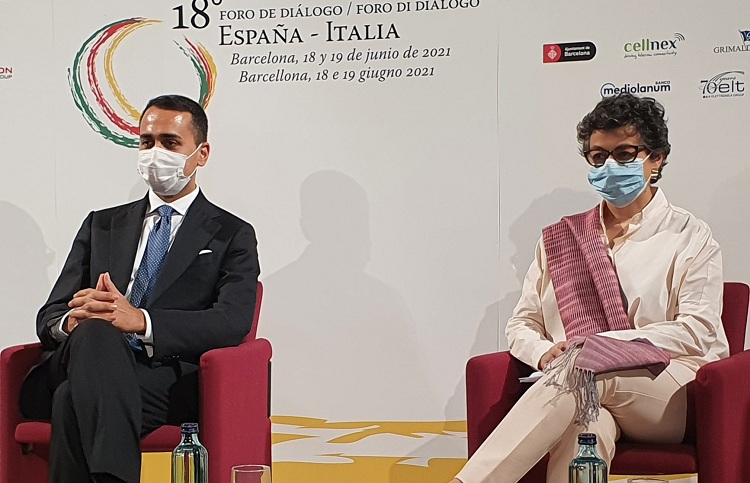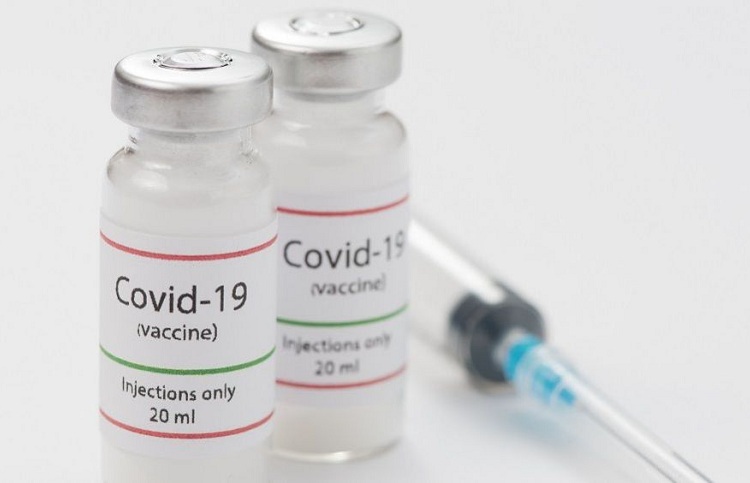The Diplomat
The Minister of Foreign Affairs, European Union and Cooperation, Arancha González Laya, said yesterday that the EU’s first task is to deploy “with all its might” the energy it has been able to muster, and called for work to be done to improve its international projection.
She said this at the closing ceremony of the Spain-Italy Dialogue Forum, at the headquarters of Foment del Treball in Barcelona, together with the Italian Foreign Minister, Luigi di Maio; the two ambassadors, Riccardo Guariglia and Alfonso Dastis, and the coordinators of the forum: Enrico Letta (former Italian prime minister) and Josep Antoni Durán, reports Europa Press.
González Laya pointed out that “this energy is not only the Next Generation EU, but also the desire to build a stronger, more united and more united Europe. Now is the time to deploy this energy in full force”.
On improving international projection, the minister advocated making Europe a stronger player in external relations and action, through “more European autonomy and more leadership” in international affairs.
The minister advocated leadership built on alliances and based on the Atlantic Alliance, “but also – she said – seeking areas of understanding with other countries, which today are unavoidable, such as Russia and China” and also Latin America.
Furthermore, he stressed that NATO has recently warned that climate change is one of the greatest risks to collective security: “We cannot do this without sitting down to dialogue with China and, to a lesser extent, with Russia”.
As for Spain and Italy, the minister said that both countries have a particular task to push forward in the coming years: “We have understood that, if we do it together, we can achieve these objectives in a forceful way”.
“We have understood that, for the EU to have all its engines working, Spain and Italy have to be at the centre of the game, and that is what we are going to do in the coming months,” she said.
For his part, Di Maio referred to the “challenges” that link his country with Spain, such as the democratic deepening of the European Union and migration policy in the Mediterranean, and called for tackling them “together”. He also called for overcoming the “management challenge” represented by European funds, with which the EU’s “credibility” is at stake.
The minister indicated that, at the beginning of the pandemic, the Italians “did not believe in the European response”, given that “the initial response” of the European partners, at a time when the transalpine country was particularly affected by the virus, “was difficult”. Then, he said, the ‘Next Generation’ was agreed, which should be dedicated to “structural” changes and be linked to “reforms that we have so far tried to implement without success”. They represent “a challenge for the credibility of the EU”, mainly in terms of its management, he said.







